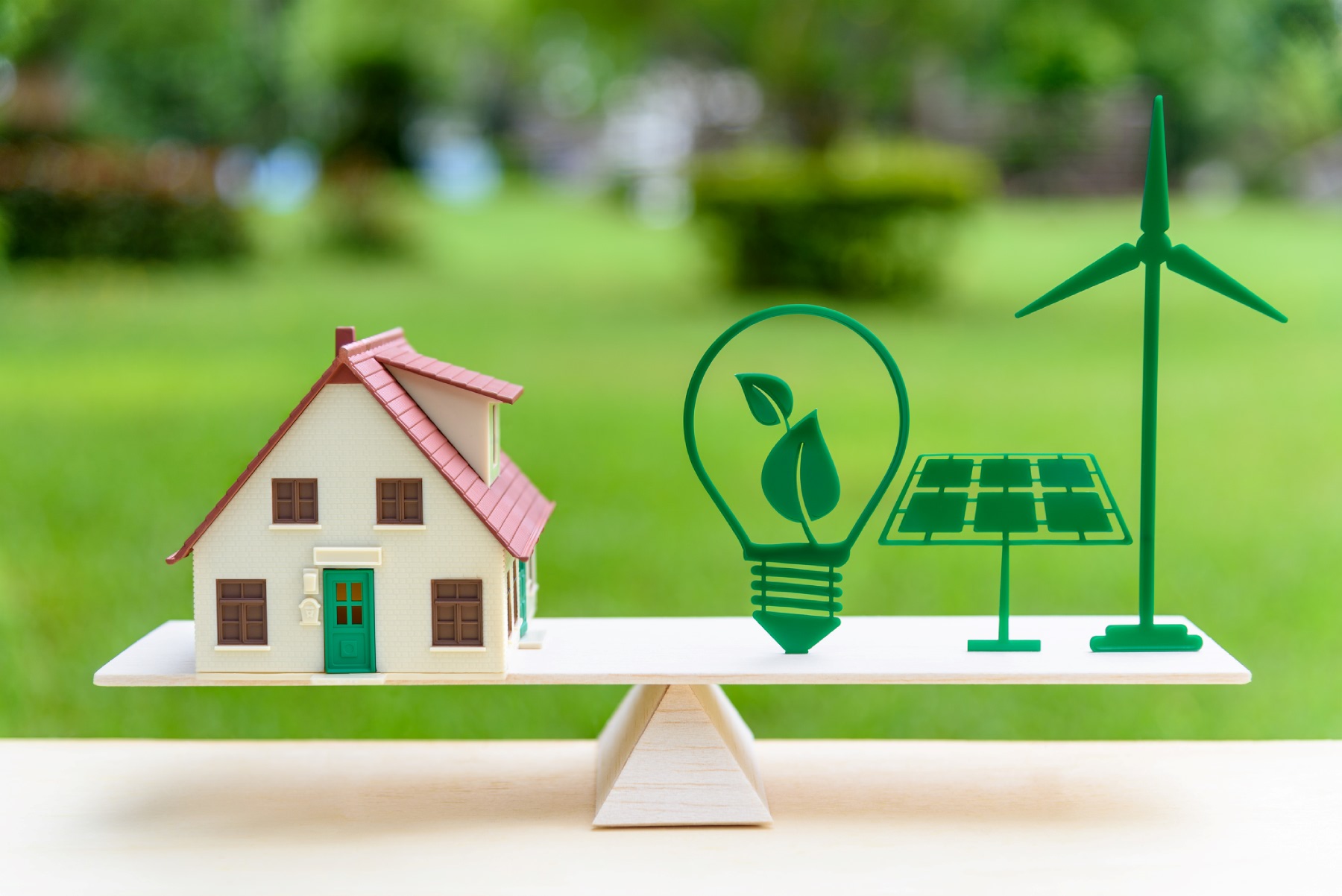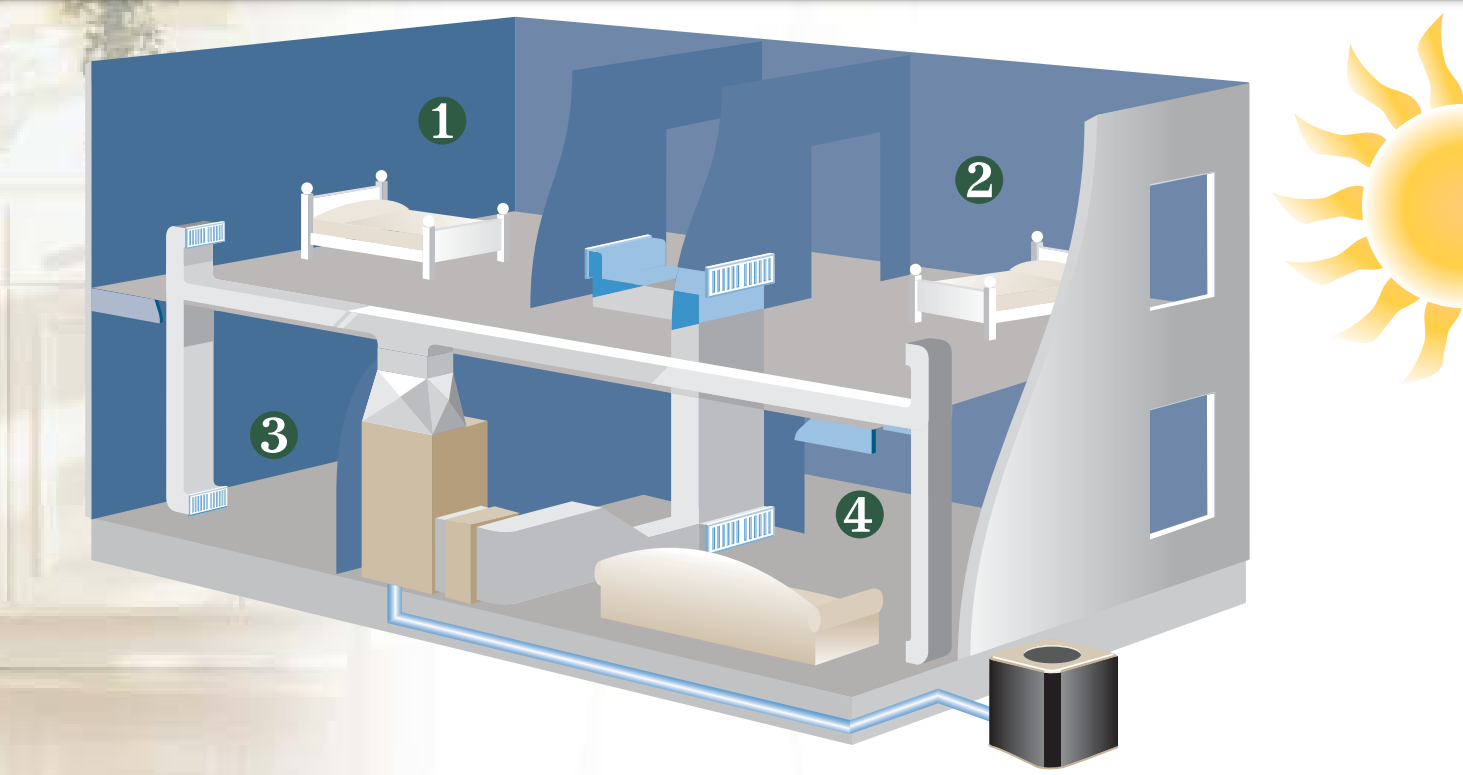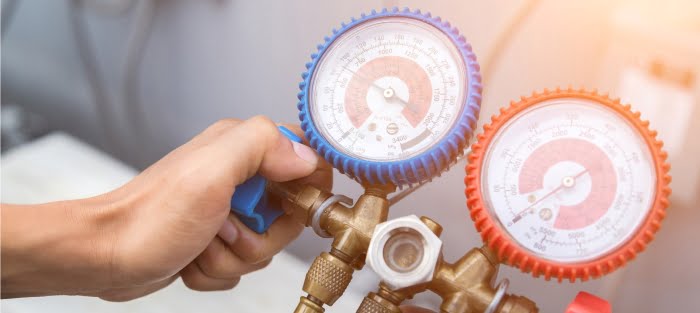
Highlights of the HEEHRA:
1. Provides rebates of up to $500 for energy-efficient home improvements.
2. Requires that contractors and technicians performing work be certified in energy efficiency measures.
3. Provides incentives of up to $5,000 for businesses to upgrade their energy-efficient systems.
4. Encourages homeowners to save money on their electric bills and reduce their energy consumption.
5. Helps reduce greenhouse gas emissions and encourages businesses to reduce their carbon footprint.
The High-Efficiency Electric Home Rebate Act (HEEHRA) is a law that was passed in 2021 to help homeowners reduce their energy consumption and save money on their electric bills. The law provides rebates for certain types of energy-efficient electric home improvements, such as upgrades to electric heating and cooling systems, water heaters, and lighting. By improving the efficiency of these systems, homeowners can reduce their energy usage and save money in the long run.
The High-Efficiency Electric Home Rebate Act was created to encourage energy efficiency in the home and to help reduce greenhouse gas emissions. The law provides rebates up to $500 for energy-efficient home improvements, such as those listed above. The rebate is paid directly to the homeowner and the homeowner is responsible for paying the contractor or technician who performs the work. The law also requires that the contractor or technician be certified in energy efficiency measures and that the work be done according to approved energy efficiency standards.
In addition to providing rebates for home improvements, the High-Efficiency Electric Home Rebate Act also provides incentives for businesses to upgrade their energy-efficient systems. Businesses can receive up to $5,000 in rebates for upgrading their electric systems. This encourages businesses to make the switch to energy-efficient systems, which can reduce their energy costs and help reduce their carbon footprint.
The High-Efficiency Electric Home Rebate Act is an important step towards reducing energy consumption and helping to protect our environment. By making energy-efficient home improvements, homeowners can save money on their electric bills, reduce their energy consumption, and help reduce their carbon footprint. The law encourages businesses to make the switch to energy-efficient systems, which can help reduce their energy costs. The High-Efficiency Electric Home Rebate Act is an important step in the fight against climate change and in protecting our environment.
Why You Should Use HEEHRA:
The High-Efficiency Electric Home Rebate Act is a great way for homeowners to save money on their electric bills and reduce their energy consumption. The rebates provided by the law help to offset the costs of energy-efficient home improvements and can help to reduce energy costs in the long run. The incentives for businesses to upgrade their energy-efficient systems help to reduce their energy costs and can help to reduce their carbon footprint. By taking advantage of the High-Efficiency Electric Home Rebate Act, homeowners and businesses can help reduce their energy costs and their environmental impact.
Program Requirements:
To take advantage of the High-Efficiency Electric Home Rebate Act, homeowners must meet certain requirements. Homeowners must:
1. Install energy efficient improvements to their electric heating and cooling systems, water heaters, and lighting.
2. Hire a contractor or technician who is certified in energy efficiency measures.
3. Ensure that the work is done according to approved energy efficiency standards.
4. Apply for the rebate and provide proof of purchase and installation of the improvements.
5. Pay the contractor or technician for the work that was done.
continue reading
Related Posts
The Solar Eclipse will commence at approximately 1:54 p.m. ET in Charlotte, North Carolina, with the peak of the partial eclipse occurring around 3:11 p.m. ET.
This intelligent system helps ensure that your family breathes nothing but the healthiest, purest air, even amidst Charlotte's pollen season.
Zoning systems offer a multitude of benefits that align with modern homeowners' desire for personalized comfort, energy efficiency, and control.




